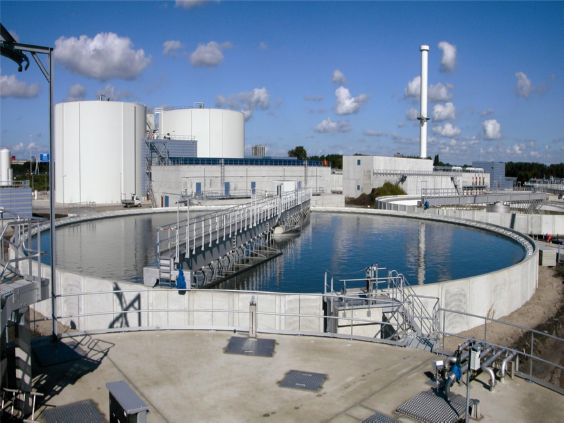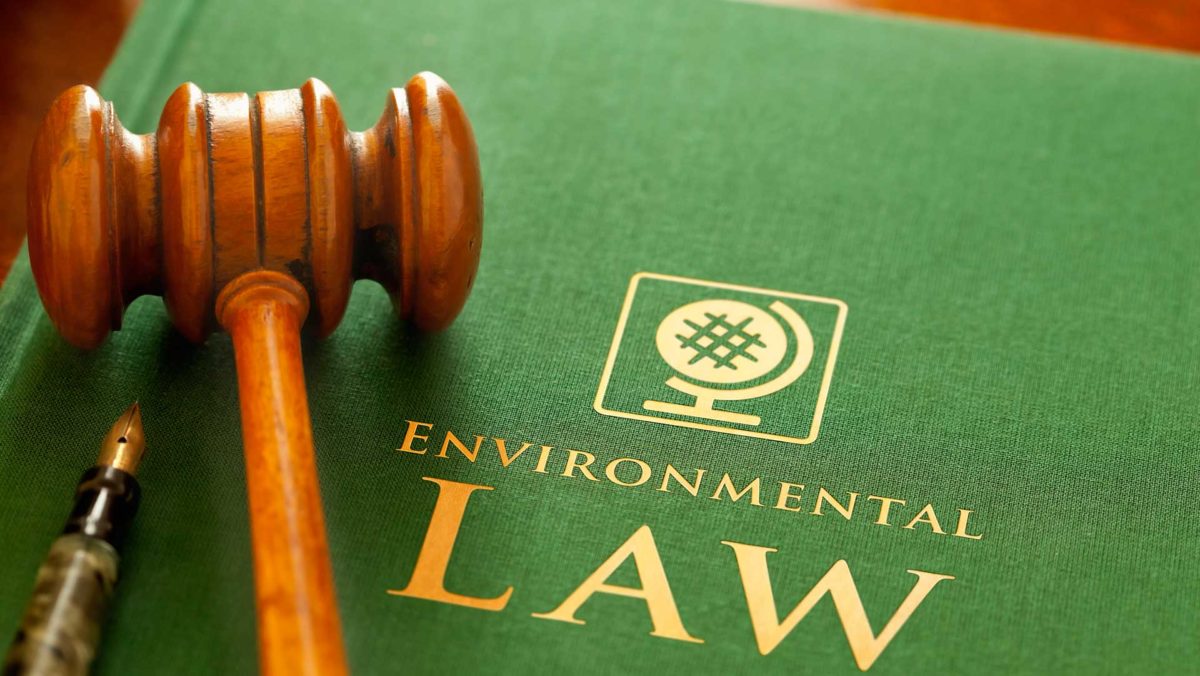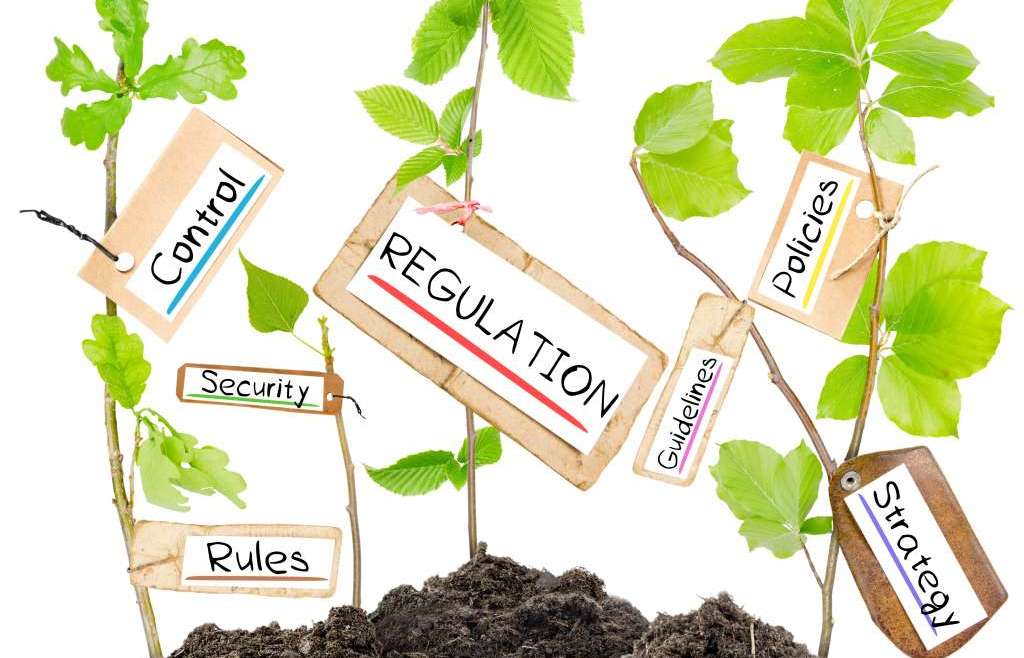Waste Management
&
Utilization Engineering
This course, BSEN 5320, serves as an introduction to three core principles: waste produced from animals and agriculture, managing this waste, and methods for utilizing this waste. Some of the objectives at the completion of this course include designing chemical, biological, and physical processing systems and treatment systems and processing systems that serve to find ways to manage waste and utilize waste.
In order to complete this course, a strong foundation in chemistry and microbiology are an integral part of understand lectures, laboratory assignments, homework assignments, and examinations. Because this class also focuses on managing agricultural and animal waste from the environment, prior or concurrent knowledge in the course Natural Resource Conservation Engineering is extremely helpful. By combining these subjects, the learning importance of keeping aquifers, groundwater, plant-life, animals, and humans safe from unsafe waste management practices was achieved while applying this knowledge to engineering principles.

Applications & Importance of Waste Management
Disease Control
By keeping waste out of waterways, the overall environment, and transferring waste to a point source out of CAFOs, diseases in plants, human and animals are controlled.
Meeting Food Demands
A shift towards meeting agricultural needs while doing it at economically as possible has created a lapse in environmentalism.
Preventing Environmental Harm
Antibiotics, pesticides, salts, hormones, and trace metals all have an impact on the environment and water that they are in. Odors associated with these contaminants also affect human quality of life.
Bioprocessing & Biomass
Engineering various biological systems can lead to agricultural and animal waste being converted into usable energy.
Fertilizer & Soil Conditioner
When combined with engineering crop nutrient management, fertilizer and soil conditioners can be manufactured by managing waste.
Water Quality
Managing and re-purposing waste helps mitigate risks like the eutrophication declination of marine biodiversity, increased turbidity killing marine species, and harming groundwater quality.
Waste Management & The Law

Environmental Law
Environmental Law applies to controlling pollutants, natural resource harvesting, methods for managing waste, and many of the interactions that humans and businesses interact with animals and the environment. As focus shifts from maximizing waste in the environment while avoiding harm to methods of preventing waste, environmental laws have become an important part of biological systems engineering.

Patents & Technology
Researchers are constantly looking for ways to re-purpose agricultural and animal wastes into usable energy, fertilizers, and soil conditioners. Engineers who pursue careers in law often help regulate and protect new technology through patenting and protecting intellectual property
Rowe is interested in studying and pursuing patent and intellectual property law. Waste management has prepared her by allowing her to look at the capabilities of the utilization of agricultural and animal wastes more closely. Engineers are constantly developing ways to apply biofilms to waste systems and discover different methods and technology to apply bioprocesses to solving waste issues. Rowe plans to help engineers protect the technology they develop while raising awareness for finding ways to apply engineering to solving the world’s problems. Eventually, Rowe hopes to pursue a career in environmental policy and law after exploring the technical side of intellectual property and patents.